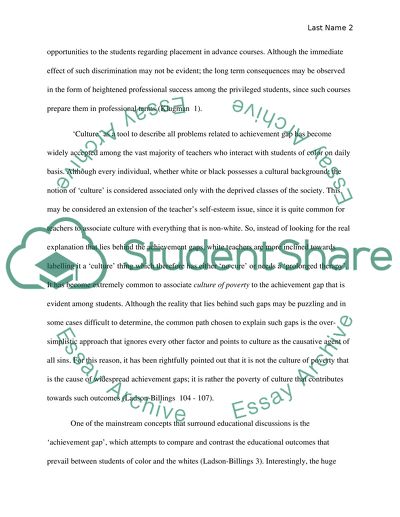Cite this document
(“The equality of American public education Essay”, n.d.)
Retrieved from https://studentshare.org/education/1664618-the-equality-of-american-public-education
Retrieved from https://studentshare.org/education/1664618-the-equality-of-american-public-education
(The Equality of American Public Education Essay)
https://studentshare.org/education/1664618-the-equality-of-american-public-education.
https://studentshare.org/education/1664618-the-equality-of-american-public-education.
“The Equality of American Public Education Essay”, n.d. https://studentshare.org/education/1664618-the-equality-of-american-public-education.


